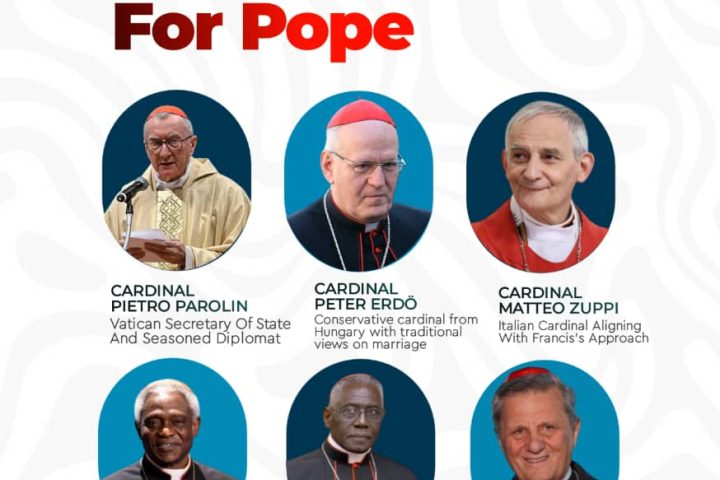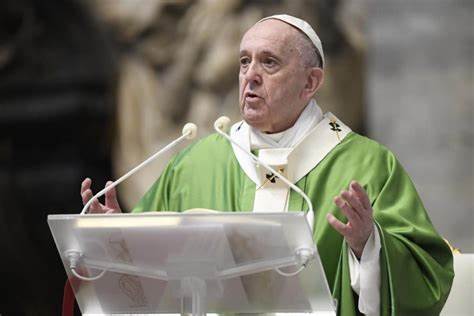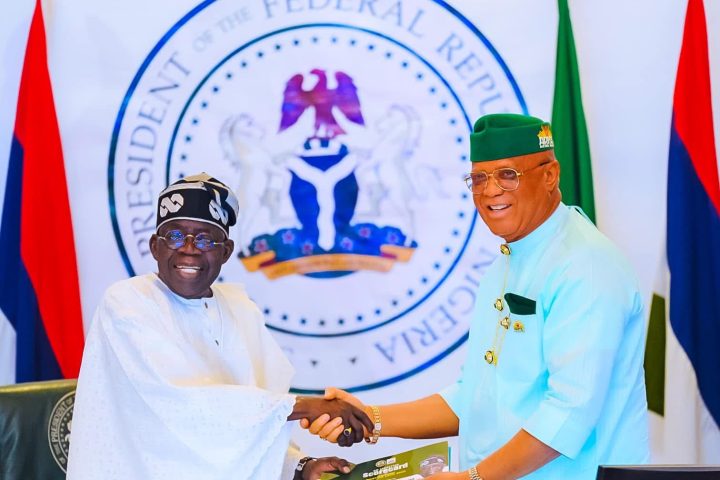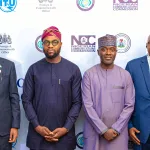The future of the Internet, including 6G, will dominate discussions at the 2022 International Telecommunications Union (ITU) plenipotentiary conference which began on Monday, September 26.
193 member nations are converging in Bucharest,Romania .
Join our WhatsApp ChannelThe ITU members will deliberate on the future of telecommunications with sixth generation (6G) technology topping discussions.
Although, the global communities are still grappling with deployment of the Fifth Generation (5G) technology, for which nearly 70 countries are already involved, the new executive members of ITU management and council, that will be elected on Thursday this week will inherit the 5G deployment process and begin the race to actualizing the mission and vision of the 6G next generation technology which is expected to come on stream by 2030.
The ITU futuristic approach is primarily going to provide a road map for this new technology.
And like its predecessors, 6G networks will probably be broadband cellular networks too in which the coverage area will be divided into small geographical areas called cells.
In this regard, many companies including Anritsu, Keysight, Fly, Nokia, Ericsson, Huawei, Samsung, LG, Apple, Xiaomi, Jio , have begun the process for its actualisation as research institutes ,Technology Innovation Institute and countries ,United States, China, India, Japan, Singapore and United Arab Emirates show interest in 6G networks.
Member states of the ITU meet every four years to choose their new high-level representatives, whose perspectives and goals will set priorities in the telecommunications world. And the same is set to take place this year in Bucharest, Romania, to vote one more time.
This election is key for the development of 6G since the next officials will likely be charged with establishing discussions on Beyond 5G to 6G and standardization.
The process starts on September 29 (tomorrow) to elect five executive viz Secretary-General, Deputy Secretary-General, Director Radiocommunication Bureau, Director Telecommunication Standardization Bureau, and Director Telecommunication Development Bureau.
READ ALSO: Why Internet Connectivity Is Poor In Nigeria
The Radio Regulations Board Membership: 12 seats distributed across the same regions
Nigeria is rooting for one of the 13 slots ceded to Africa.There are 15 countries angling for the 13 seats. The Council Membership has 48 member states (countries) distributed across five regions (Americas, Western Europe, Eastern Europe and Northern Asia, Africa, and Asia and Australasia).
Candidacies who registered before August 29, are qualified for the elections. So far, 31 candidates have already confirmed their names to compete for the 17 individual positions, and three run for re-election or election in a different role.
Beginning from August and part of September, 6GWorld published a series of articles unveiling facts and statistics about past ITU elections and a profile of candidates for Secretary-General and other positions. As at Monday this week,Doreen Bogdan-Martin, from the United States, and Rashid Ismailov, from Russia, were the only two people running for Secretary-General thus reactivating the old rivalry between Russia and America.Delegates are likely to vote along these lines.
The Plenipotentiary Conference began on September 26, but the election will only kick off on September 29.The doors will be closed, and member states will place their ballots in the following order: Secretary-General, Deputy Secretary-General, Directors of the Bureau, the Radio Regulations Board Membership, and the Council.
For the officials, the candidates with the majority of the votes – more than half the delegations present and voting – will be elected.
If no candidate gets majority votes a new round will be held with an interval of at least six hours. If no candidate achieves more than half the votes after three rounds, a fourth and final round between the two candidates with the most votes is held after at least 12 hours. In case of a tie, the eldest gets elected.
For Radio Regulations Board members, there will be one round followed by a special ballot after at least six hours if there is a tie between candidates of the same region. In the case of another tie, the eldest is chosen. The same procedure applies to Council members, except for the tiebreaker: instead of age, candidates are elected by lot.
Worried about how to grapple with the trends and what the future holds,ITU is likely to accommodate the tension being brewed by China and Russia on the future of the internet.
This tension has been on over the internet policy since 2012 when ITU hosted the World Conference on International Telecommunications (WCIT) during which majority of the 193 member nations voted to, among other things, increase ITU’s authority over the internet, but the United States declined to sign the resulting treaty. And in June 2021, the leaders of China and Russia signed a pact which is likely to guide deliberations at the ITU plenipotentiary this year.
The agreement explained its purpose as “ensuring that all States have equal rights to participate in global-network governance, increasing their role in this process and preserving the sovereign right of States to regulate the national segment of the internet.”
Analysts and watchers of the event say although “it appears a lofty creativity in language but its effect is believed to be uncomfortable as calls for nation-states to take over internet governance is a call to democratize the world’s most important network,the internet.”
These analysts reason that as if politicizing the internet is not sufficient, the Russians and Chinese also seek to force the redesign of the internet’s underlying standard.
As things are today ,the internet is built on the lingua franca of a common technical standard called “internet protocol” or “IP.”
But China has proposed a new standard which it calls new Internet Protocol (IP) that would give governments more control over internet activities, including the individualized determination of who gets on and what they can do. They want that standard to be driven by the ITU.
These and many other issues will dominate discussions as 193 voting member nations deliberate in Bucharest,Romania.
The elections through secret ballot will determine who will spearhead the expected new technology that will transform the way we communicate and how businesses will run in future.
Delegates at the quadrennial conference include government ministers and officials, representatives from national, regional, and international bodies, academic institutions, and the private sector –companies dealing with telecommunications and the Internet – reflecting an aspect of ITU’s membership mix that is unique in the UN system.
United Nations (UN) Secretary-General António Guterres highlighted “the opportunity to form common positions that will shape global digital transformation for years to come” and urged delegates to “seize the opportunities of digital technology while protecting against its risks.”
In a pre-recorded video message broadcast to delegates,Guterres called on the high-level audience from government and industry “to put humanity’s progress at the centre of your discussions” over the next three weeks.
A worried UN Chief,lamented that digital networks and technologies have empowered billions of people worldwide, facilitating business, education, government services, trade, and social interactions through the toughest phases of COVID-19. Yet Internet uptake has slowed over the past year, leaving 2.7 billion people – or one-third of the world’s population – unconnected.
“We are in the middle of a digital revolution that enables and provides the means for the development of new industries and converged services, such as smart vehicles, healthcare, smart cities, and homes,” said Romania’s Vice Prime Minister Sorin Grindeanu in his opening speech said
“At this turning point in technological development, we must not forget our essential duty to respect the human being,” he added, stressing the need “to protect the freedom and prosperity of future generations, in whose lives the technologies we see today as emerging will play a determining role.”


















Follow Us